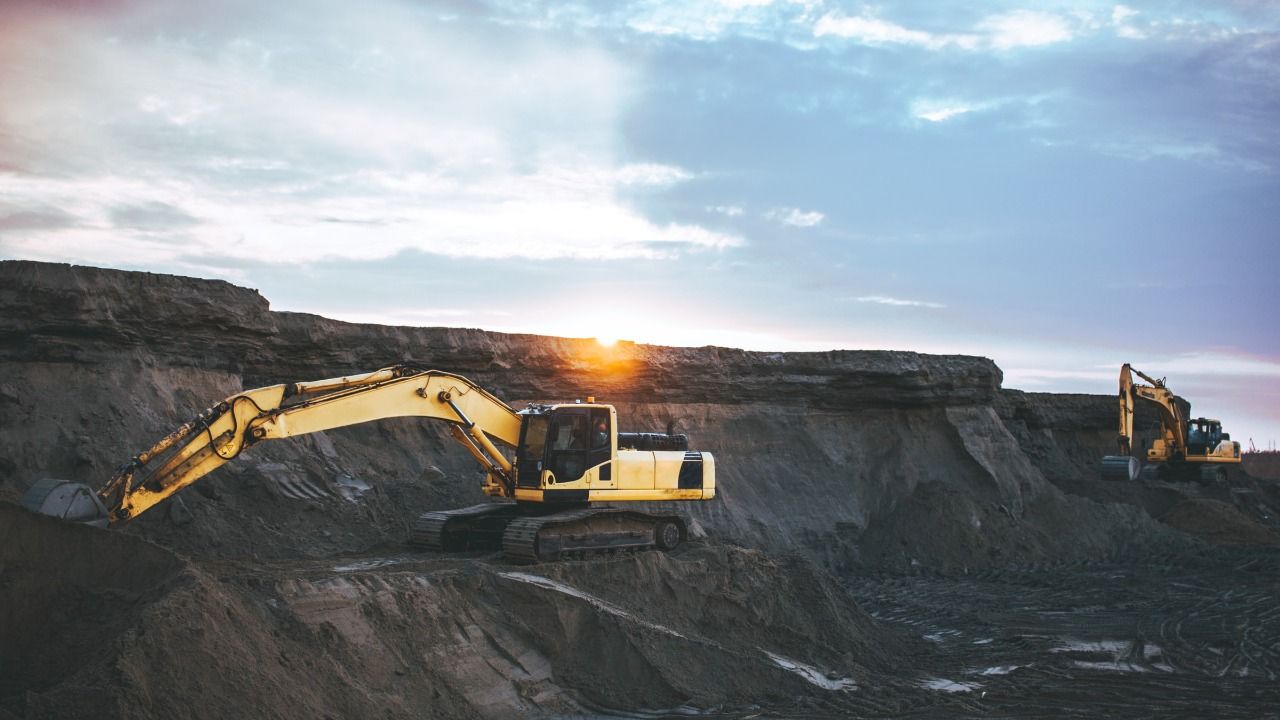Coal may help India convert Ukraine crisis into an opportunity
IRCC Desk
Post On > Mar 9 2022 1647

Energy has all across been a geopolitically sensitive commodity. The Ukraine crisis added a new dimension to that. Uncertainties are looming both on the price and availability front. Together, they will invite countries to be self-reliant on energy.
The trends are already visible. Germany has advanced its target for 100 percent transition to renewable from 2040 to 2035. Coal use has been rising worldwide since 2021. Post-Ukraine, the importance of the so-called ‘dirty-fuel’ has gone up manifold, particularly in countries with vast domestic reserves as in India.
This is not necessarily to replace other energy sources including renewables but to beat inflationary pressure, which is now all set to intensify way above the predicted levels. From food to steel and infrastructure building - everything is going to be costly.
Domestic coal will be costlier too, if not for a wage hike in Coal India, at least to mitigate the cost-push on account of oil price hike. The mining industry burns a huge amount of petroleum products for various auxiliary services and to run heavy-duty mine trucks carrying hundreds of tonnes of fuel each.
However, such an increase in domestic coal prices will be minimal in comparison to the global high. Indonesian coal varieties are up by roughly $10 a tonne, since the start of the conflict. South African coal is costlier by $100 a tonne in the last few days. A modest, flat increase in prices of domestic coal is definitely a better option to survive the import price volatility.
Converting the crisis into opportunity
Such price increase may also act as perfect bait for private sector investors in coal mining to speed up production.
India missed the coal boom between 2001 and 2011. As against China’s 150 percent rise in production, India ramped up production by barely 65 percent. As a result, the country’s non-power coal consumers – like steel, cement, fertilizer etc – became excessively dependent on imports, which may now create serious growth hurdles.
With the denationalization of the coal sector completed in 2020, and mining assets being auctioned to the private sector; India is now perfectly poised to convert the crisis into an opportunity, subject to a focused policy initiative.
Considering the ongoing energy transition, it is safe to assume that this coal boom will not last for more than five years. The primary challenge, therefore, is to ramp up supplies at the quickest possible time. Delay in statutory green clearance is a major hurdle in this direction. A short-term window for fast-track green approval to coal projects may be considered.
On the demand side, India needs to work on its pricing strategy, which is now heavily biased in favour of power, that consumes four-fifth of the total contracted (fuel supply agreement) quantities at roughly 40 percent less price than the non-power consumers.
While price incentive is a must to encourage miners to churn out more coal, India should also remove market anomalies that are self-defeating in nature. If the manufacturing sector slows down due to high energy prices, the growth ambition of the country will suffer.
Price parity of power and non-power
The government has already taken the first step in this direction. Sector-specific e-auction of fuel is replaced by single-window e-auction. E-auction is open market sales outside the term contracts. Effectively, therefore, the power and non-power sector will pay the same price for procuring coal through the open market.
The government has clarified that the measure will help price discovery, which is essential in ensuring transparent index-based pricing in the era of liberalised mining policy. To ensure greater transparency, the government should reduce or remove the gap between power and non-power customers in contracted sales, which contributes 85-90percent of the total coal sales in the country.
**** Photo by Artyom Korshunov on Unsplash

123
2025-07-27 20:33:14

asd
2025-07-27 20:31:39

Northeast Energy Scenario Part-1: Paradigm shift in petroproduct availability and consumption
2023-03-28 16:22:05

Consolidation of 'indigenous' votes aligned Tripura's political landscape with the rest of the northeast.
2023-02-16 08:51:53

Why Kolkata doesn’t have a Unicorn ?
2023-01-28 09:53:57

Social media literacy should be mandatory in UG curriculum
2022-11-30 12:00:53
